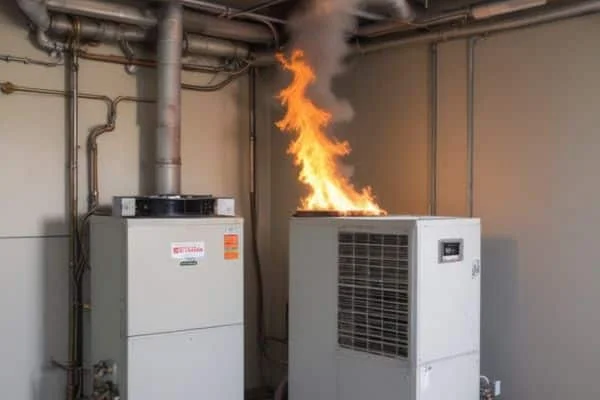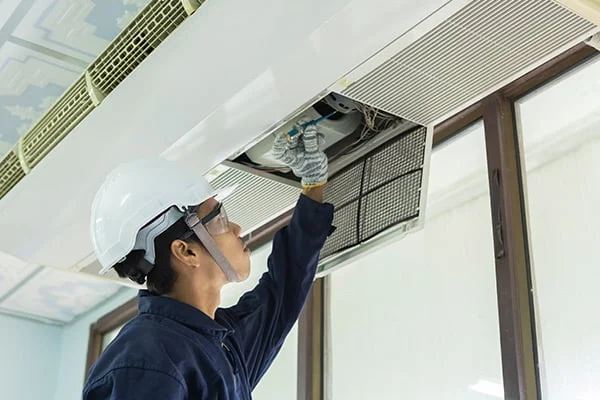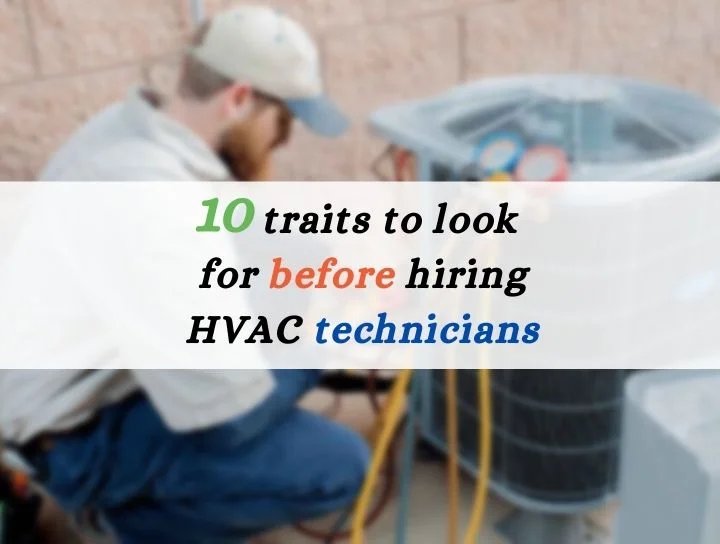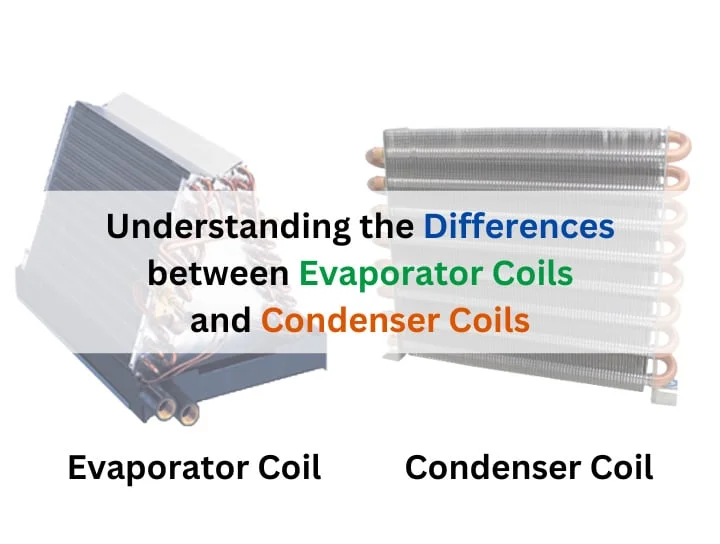We’ve all heard that HVAC systems cause fires, but how true is this, and how do they all happen?
To answer this, let’s look at the most common and uncommon fire outbreaks caused by malfunctioning HVAC systems.
Before we dive in, we hope everyone understands that HVAC fires are caused by a lack of care and maintenance or other external freak incidents.
To keep things safe, schedule an appointment for an inspection right away!
1. Electrical Problems
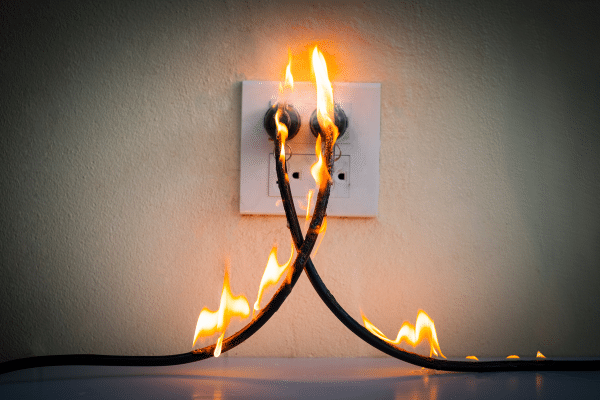
A statistic by the U.S. Fire Administration states that 22% of all fires caused by HVAC malfunction are caused by electrical issues, mostly damaged wiring.
High temperatures can be generated by overloaded circuits, bad connections, and loose wires. If this heat continues circulating, it can ignite nearby objects and damage electrical parts.
For example, consider a loose wire connection inside the heater. The resistance generated by this connection increases the wire’s temperature notably.
Once the wires’ coating melts from the heat, it can ignite surrounding flammable substances, such as insulating material or dust clumps.
Warning signs to watch out for:
- Burning odor from your vents.
- When your HVAC system runs, the lights might blink or dim.
- Wires that are stained or have burn marks close to electrical parts.
A very common phenomenon occurs when the heating is switched on after a long time of inactivity, burning the collected dust clumps.
This is a harmless occurrence for HVAC systems, but even for this, preventive measures are advised, specifically seasonal HVAC maintenance.
2. Clogged Airflow
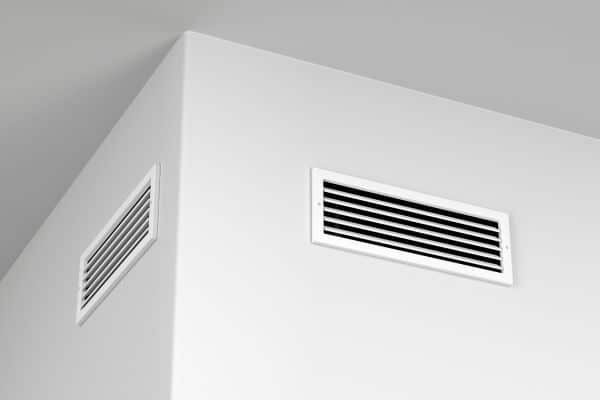
Unobstructed airflow is paramount for HVAC systems to function efficiently. However, blocked vents, filters, or dirty coils can severely limit airflow.
Due to this limitation, the system must work harder, increasing the likelihood of overheating parts like the blower motor or compressor.
Overheating can cause parts to fail and, in the most serious scenario, cause fire. Picture this: your AC is operating continuously on a hot summer day.
A clogged air filter blocks the proper flow of cool air. The compressor needs to work harder to compensate, causing stress on the motor. The motor could overheat, potentially causing a fire.
Here’s how to ensure proper airflow:
- Replace air filters regularly, as suggested by the supplier. (About once a month between the warmest/coldest seasons)
- Make a yearly appointment for an expert cleaning of the HVAC system. This process involves cleaning and vents of dust and debris.
- Keep flammable items far from vents and your HVAC system
3. Faulty or Damaged Components
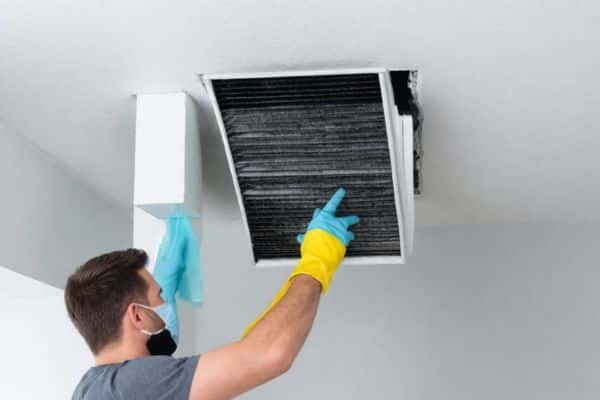
Broken or malfunctioning HVAC system components can also pose a fire risk. For example, a gas furnace’s broken heat exchanger can allow hot combustion gases to leak into the nearby atmosphere.
Because of these burning hot gases, nearby flammable substances can catch fire. Sparks can also be generated by air conditioners and leaky refrigerant lines when they come into contact with electrical parts.
It’s important to remember that periodic repairs can be beneficial in identifying and fixing these issues before they turn into fire hazards.
A trained HVAC expert can inspect the system for water leaks, cracks, or other potential problems.
4. Improper Installation
Fire dangers can arise from incorrect HVAC system setup. For example, DIY installations can skip crucial steps or use components to cut corners.
This can result in broken electric wires, inadequate airflow, or overheating parts that might cause a fire.
Always ensure that your HVAC system has been set up by an authorized professional every time.
They have the skills and knowledge to ensure a safe and efficient installation.
5. Lack of Maintenance
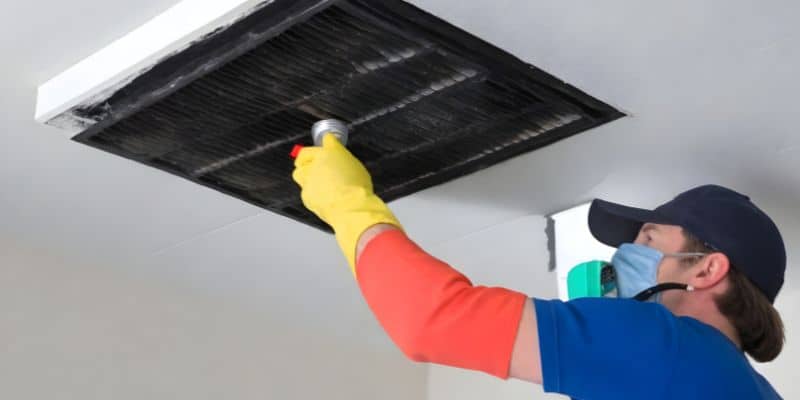
Despite dirty coils and clogged filters, skipping regular checkups can create a possibility of fire risk in several ways.
Overheating can occur from outdated belts slipping and causing excessive friction. Further, excessive heat can arise from parts attaching and straining caused by lubrication points.
Also, dust and debris buildup inside the machine can act as a barrier, retaining heat near important parts.
Consider hiring someone with experience to perform regular HVAC maintenance. This must include an in-depth look at each part and any required lubrication, cleaning, and modifications.
Uncommon Reasons for HVAC Fires
While we’ve discussed the most common causes of fires involving HVAC systems, there are also a few uncommon causes.
- Dryer Vents are part of the vent system, but they can contribute to fires by sending jets of hot air out of a clogged vent.
- Chimneys are a common extension of the vent system and can cause fires just because of the deposits inside them.
- You could have a gas leak, which your HVAC system could graciously spread all around your building to ignite every section uniformly.
- Sometimes, your furnace can simply explode, causing a massive fire, but it has its reasons that are obviously preventable.
The trick to active prevention lies in being mindful of your HVAC system. Since you’re indoors at any given time, you will obviously notice the changes in temperature, smell, or the overall performance of the HVAC system.
These could mean a lot, even after inspection and maintenance sessions.
To prevent excessive damage, it’s best to integrate fire alarms into your HVAC system through relay modules that shut off the entire system in the case of a fire.
Conclusion
Become aware of common causes and take steps to avoid them, and the possibility of an HVAC-related fire in your residence can be greatly reduced.
Remember that a well-maintained HVAC system plays an important role in both safety and comfort.

